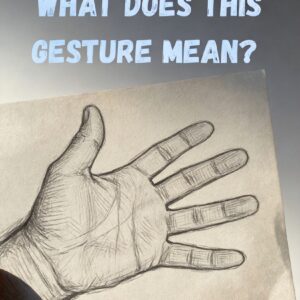When I boarded that flight, I just wanted a quiet trip and maybe a little sleep. But fate had other plans. As I walked down the aisle, my stomach dropped — sitting in my assigned seat was my former boss, the man who’d fired me two years earlier. I froze, hoping he wouldn’t notice. But he did. He leaned toward the flight attendant and whispered something I couldn’t hear. Minutes later, she came back and smiled. “Sir, you’ve been upgraded to first class.” I stared, confused, until I glanced at him. He gave a small, awkward nod — a silent truce. My heart raced as I walked away, unsure if it was kindness… or guilt.
Up front, the contrast was unreal — plush leather, soft lighting, and space to breathe. But I couldn’t enjoy it. My mind was spinning. Why would he do that? This was the man who’d humiliated me, laid me off under the excuse of “restructuring,” and left me doubting my worth for months. I rebuilt my life brick by brick, but seeing him reopened every bruise I thought had healed. Halfway through the flight, the flight attendant returned. “The man in 22B asked if you’d be willing to speak with him.” I hesitated, but curiosity won. When I reached his row, he looked up, older and tired. “I just wanted to say I’m sorry,” he said quietly. “I made mistakes. I took the easy way out — and you paid for it.”
We ended up talking for over an hour. He told me how everything unraveled after I left — investors pulled out, his marriage ended, and the company sold for pennies. “I lost everything,” he said. “But it taught me what really matters.” I listened, surprised by how genuine he sounded. I told him about my own journey — therapy, panic attacks, and finally finding purpose in building a small nonprofit helping others through burnout and stress. For the first time in years, we spoke not as enemies but as two people who had both learned what failure can teach. Then he handed me a wrinkled envelope — a check for $10,000. “Back pay,” he said with a sad smile. “I owed you that.”
When we landed, we shook hands and went separate ways — no drama, no grand gestures, just quiet understanding. Later, I donated half the money to the mental health fund my team runs and used the rest to buy laptops for kids at a local shelter. A few weeks later, a letter arrived from him with a photo: he was teaching children how to code at a community center, smiling for the first time in years. His note said, “Turns out, second chances are real. Thanks for letting me see that.” I placed the photo on my desk — a reminder that sometimes life brings the closure we never expect. Not revenge, not regret — just grace in disguise.


